Portraits of "problem girls— - inhabitants of Bedlam
Categories: Health and Medicine | History
By Pictolic https://pictolic.com/article/portraits-of-problem-girls-inhabitants-of-bedlam.htmlThe creepy old pictures depict women who turned out to be patients of the infamous Bethlem Royal Hospital. This institution received the "popular" name of Bedlam, which eventually became a household name. They tried to cure patients here by rotating on chairs in front of visitors who paid for the spectacle.
Most of the patients in the London hospital were diagnosed with acute mania, and some got here after the murder. The famous institution, which became the first in Europe to specialize in the treatment of mental patients, and formed the basis of the plot of the 1946 film "Bedlam", was founded in 1247 during the reign of Henry III.
(22 photos in total)
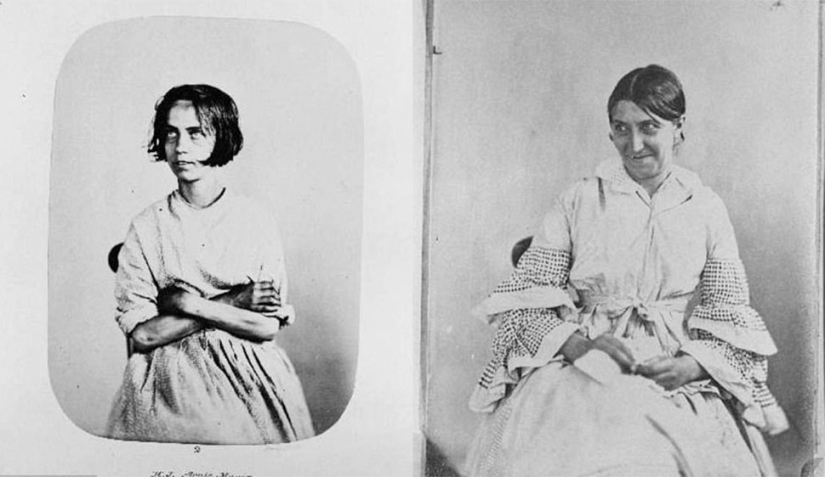 Source: Daily Mail
Source: Daily Mail
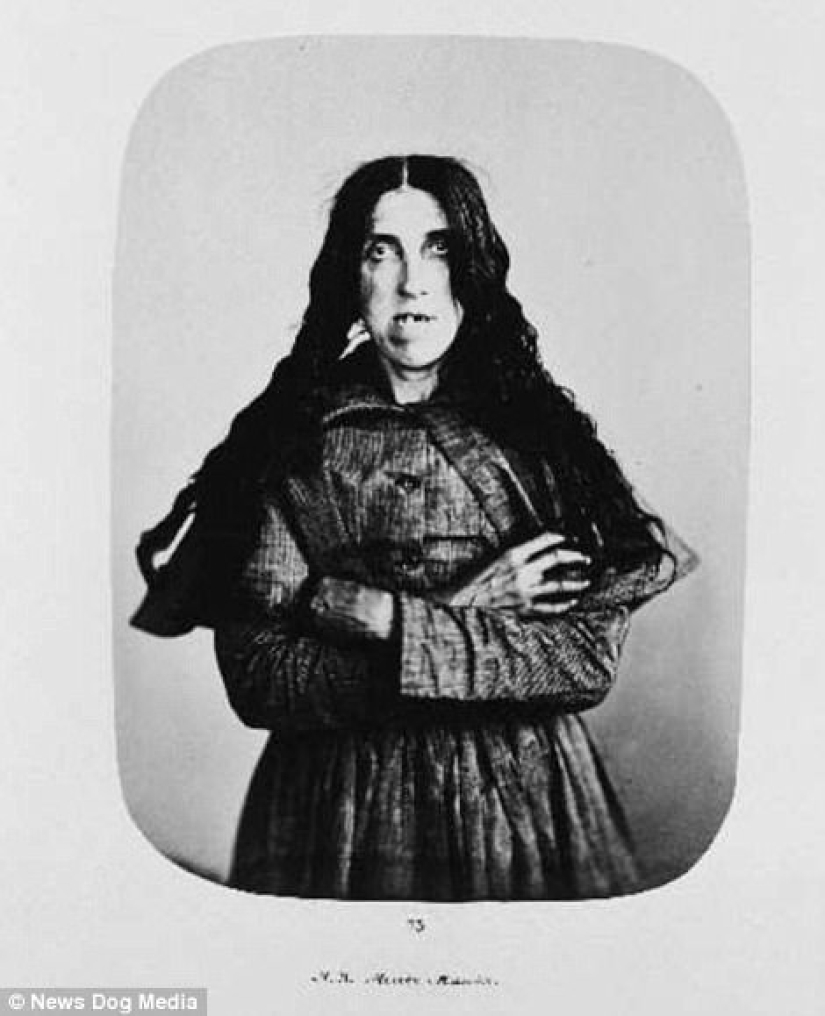
An unnamed patient who was diagnosed with acute mania.
One of the know-how of the institution was the use of the method of treatment of Erasmus Darwin, grandfather of Charles Darwin - rotational therapy, during which the patient was placed on a chair suspended in the air, which was rotated around the axis for several hours.
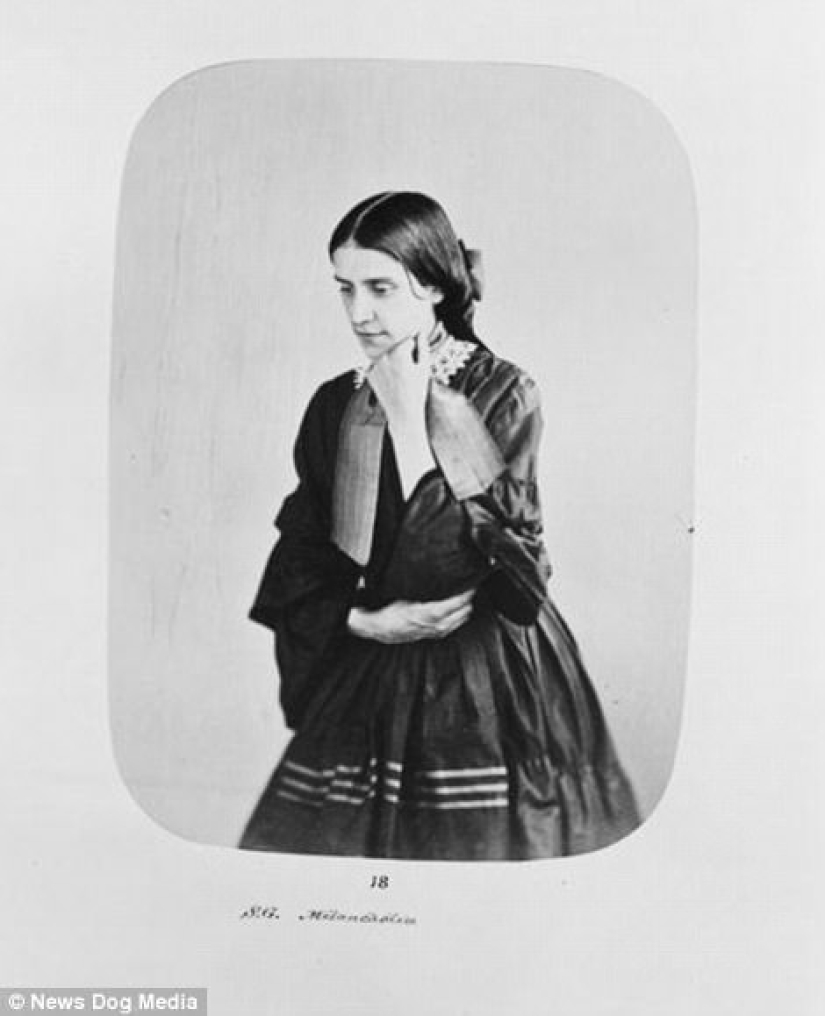
Sarah Gardner, a maidservant, fell into Bedlam in 1857, when she was 26 years old, diagnosed with severe depression.
In the XVIII and XIX centuries, patients were kept in cold baths, starved and beaten. During this cruel period, the Quaker philanthropist Edward Wakefield visited Bedlam in 1814 and described seeing naked, chained to the walls and starved patients there.
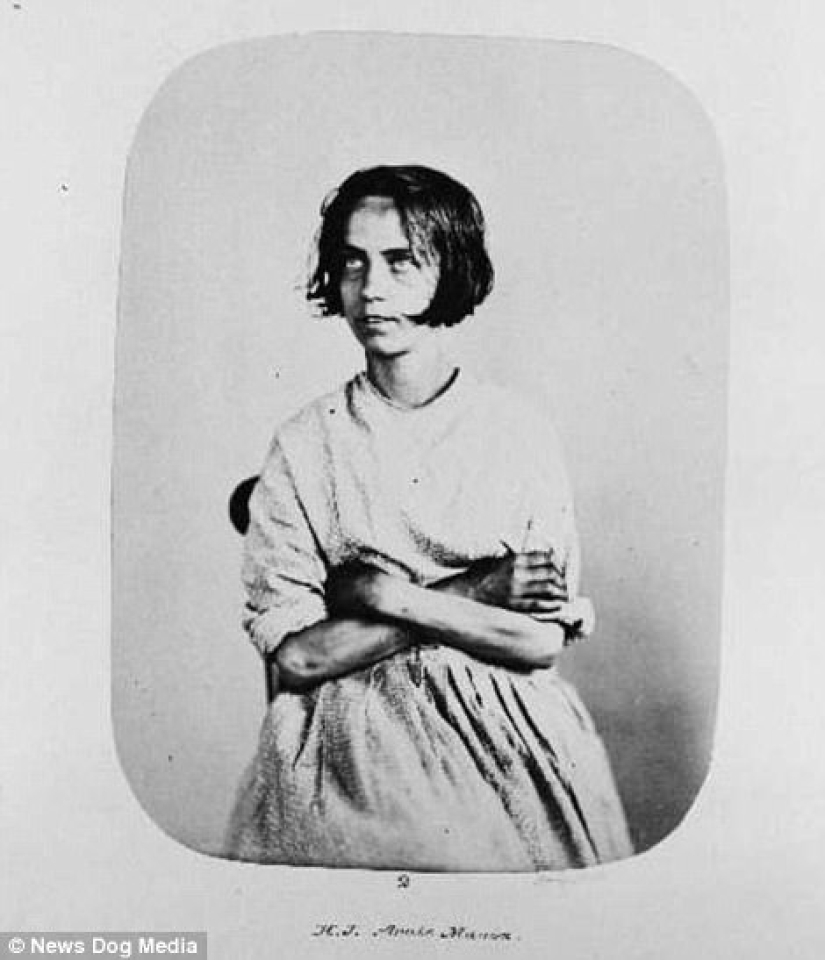
Harriet Jordan is one of many patients admitted to the hospital in 1858. She was also diagnosed with acute mania.
A distinctive feature of Bedlam was its accessibility to the general public, since rich patrons could pay money to stare at the unfortunate imprisoned in a mental hospital. The hospital has moved several times. In those days, women were easily recognized as insane and taken to a psychiatric hospital, where they were abandoned.
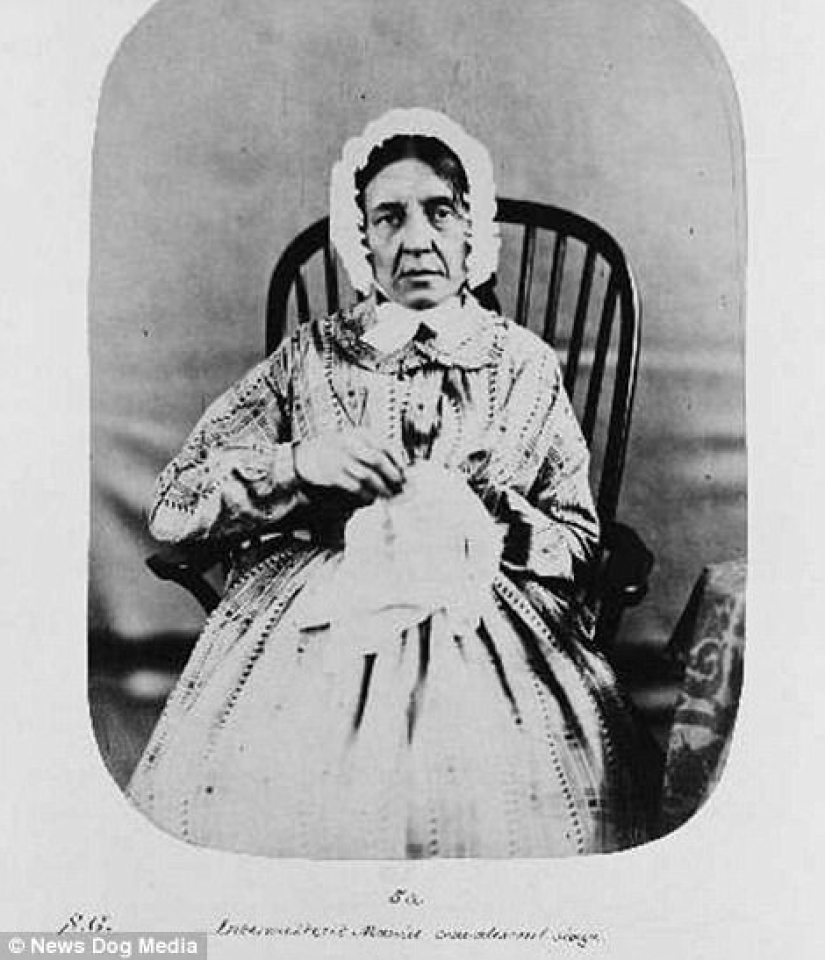
Fanny Barrett fell into Bedlam in 1858, and was diagnosed with intermittent mania.
Usually women were imprisoned in a madhouse for various diseases and symptoms that are not considered manifestations of insanity today. Often these poor people suffered from postpartum depression, alcoholism or senile dementia, or committed a public offense — for example, they cheated on their husband — and for this they were fused into Bedlam. At that time, it was believed that women were particularly at risk of mental illness caused by disorders in the reproductive system of the body.
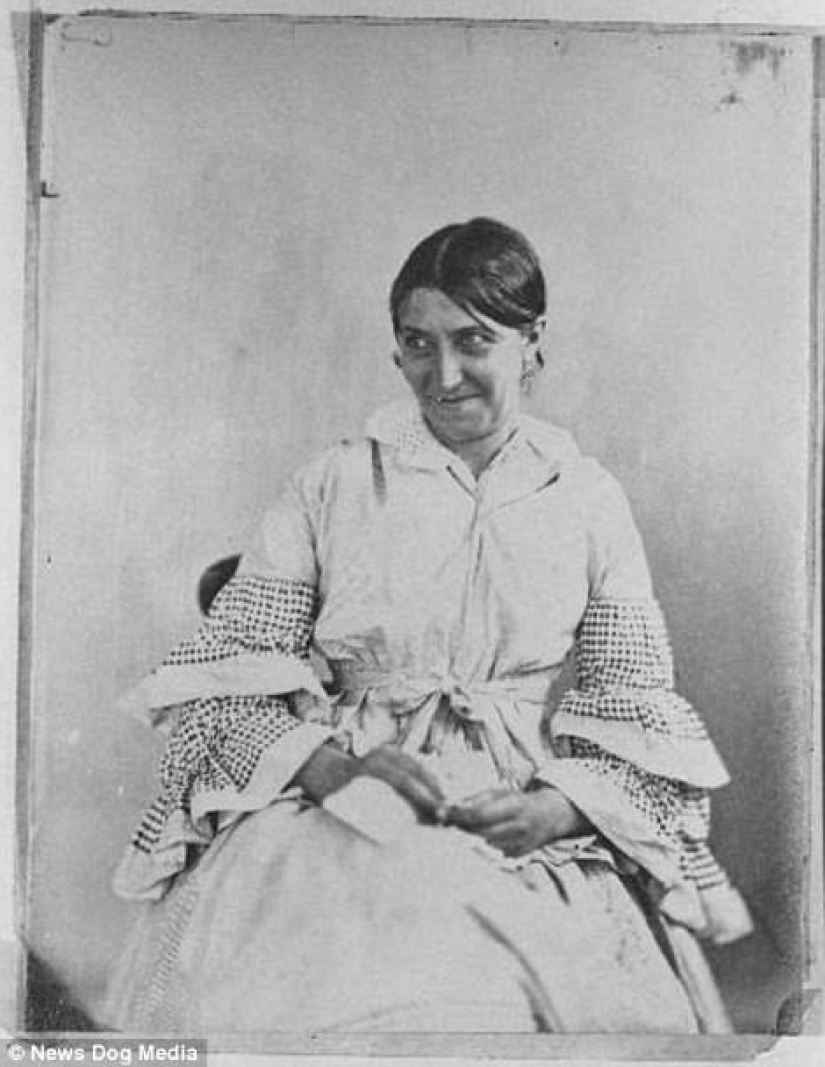
An unnamed patient of Bedlam.
Women who occupied a lower position in society and had less power and money were more defenseless, so they were sent to a madhouse if they bothered their husband. Photographer Henry Goering photographed Bedlam patients between 1846 and 1858 to examine their faces for signs of mental illness.
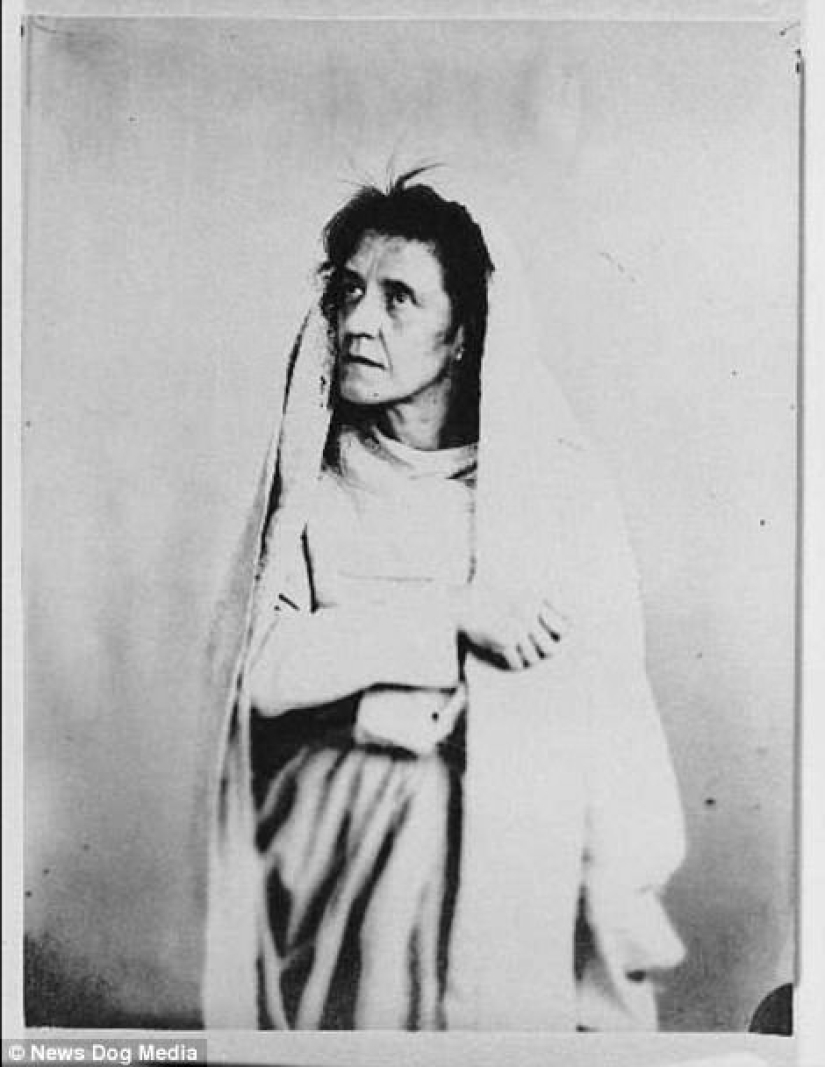
Another unfortunate woman who turned out to be a guinea pig of psychiatrists of a cruel era.
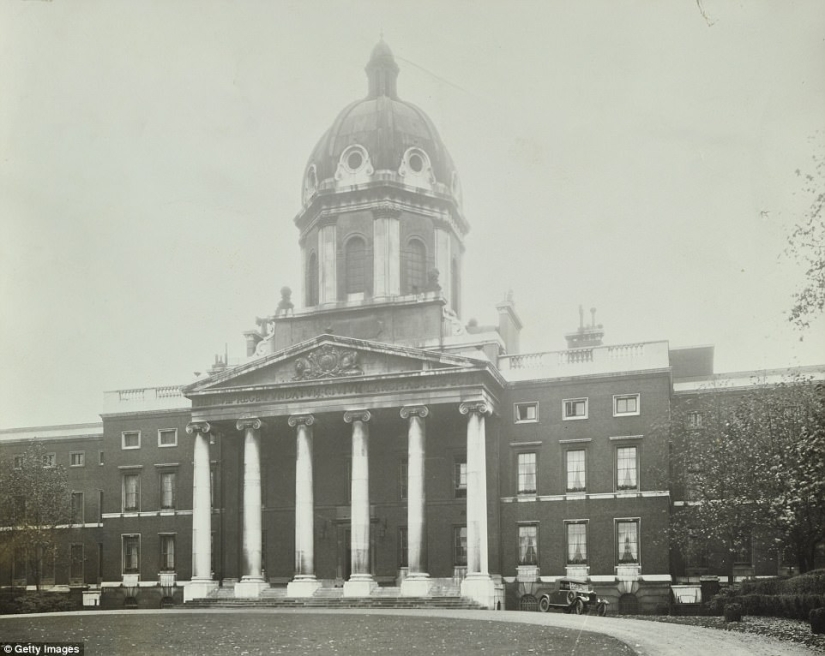
A photograph of Bethlem Royal Hospital taken in 1926, when the institution moved to St. George Fields.
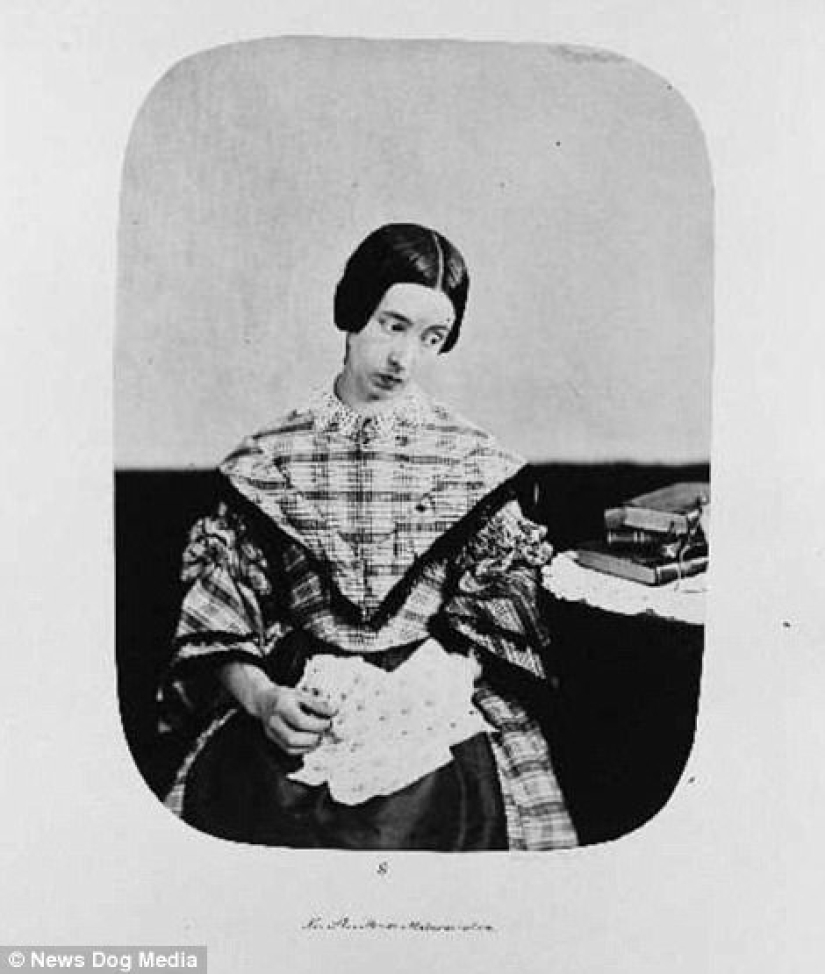
Eliza Camplin was admitted to the hospital in 1858 with a diagnosis of acute mania.
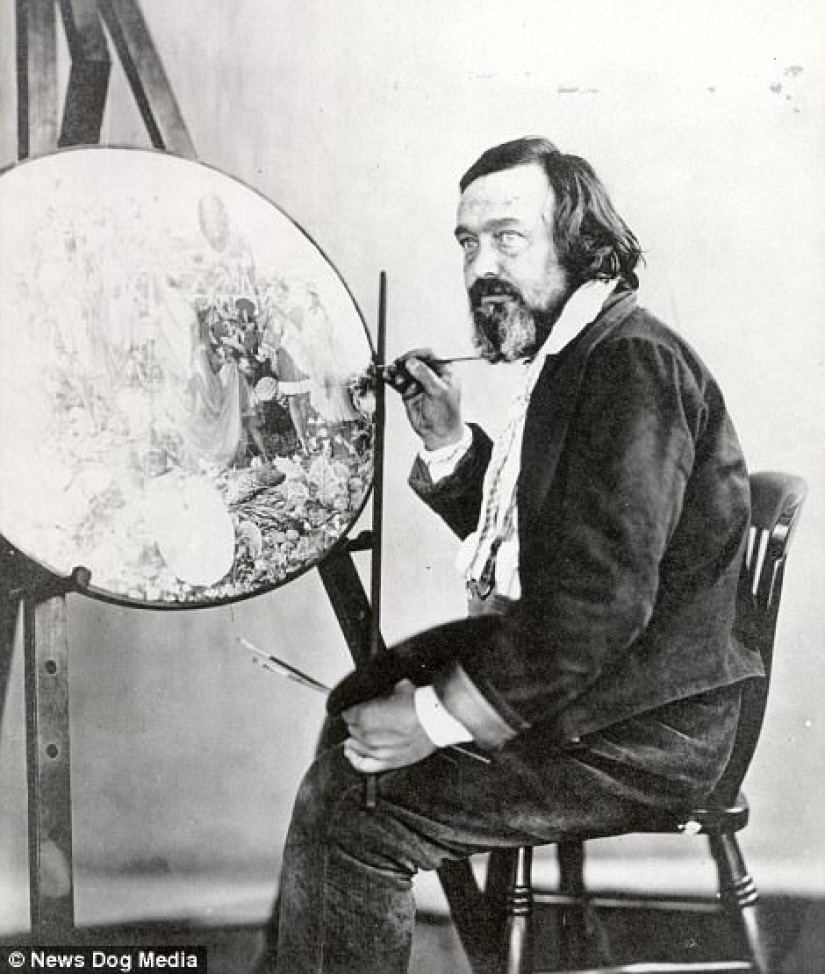
The famous artist Richard Dadd got into Bedlam after he killed his own father, mistaking him for the devil.
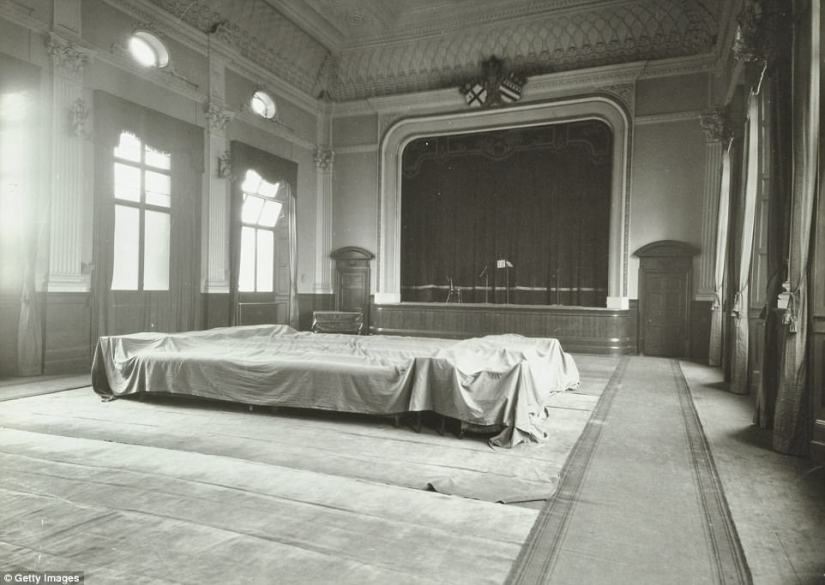
The main hall of the Anatomical Theater of Bedlam in 1926. Four years later, the hospital will move to its current location in Bromley.
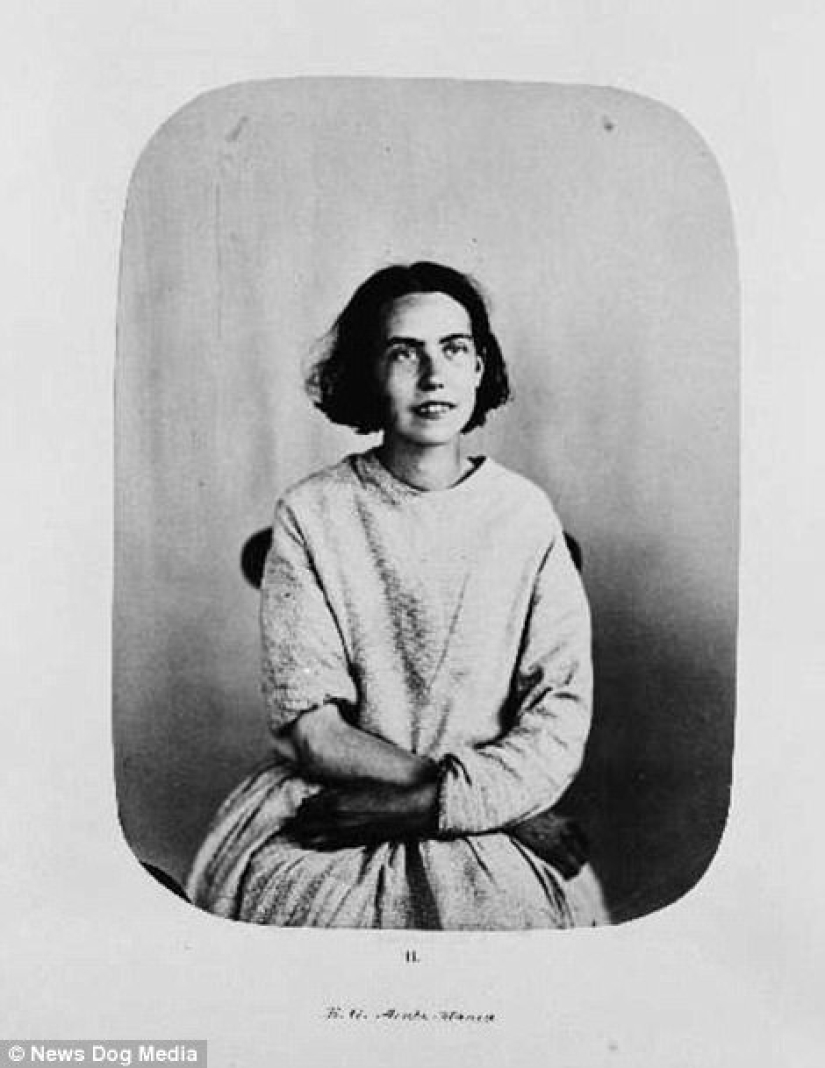
In 1855, Eliza Griffin entered the hospital, where she was later diagnosed with acute mania.
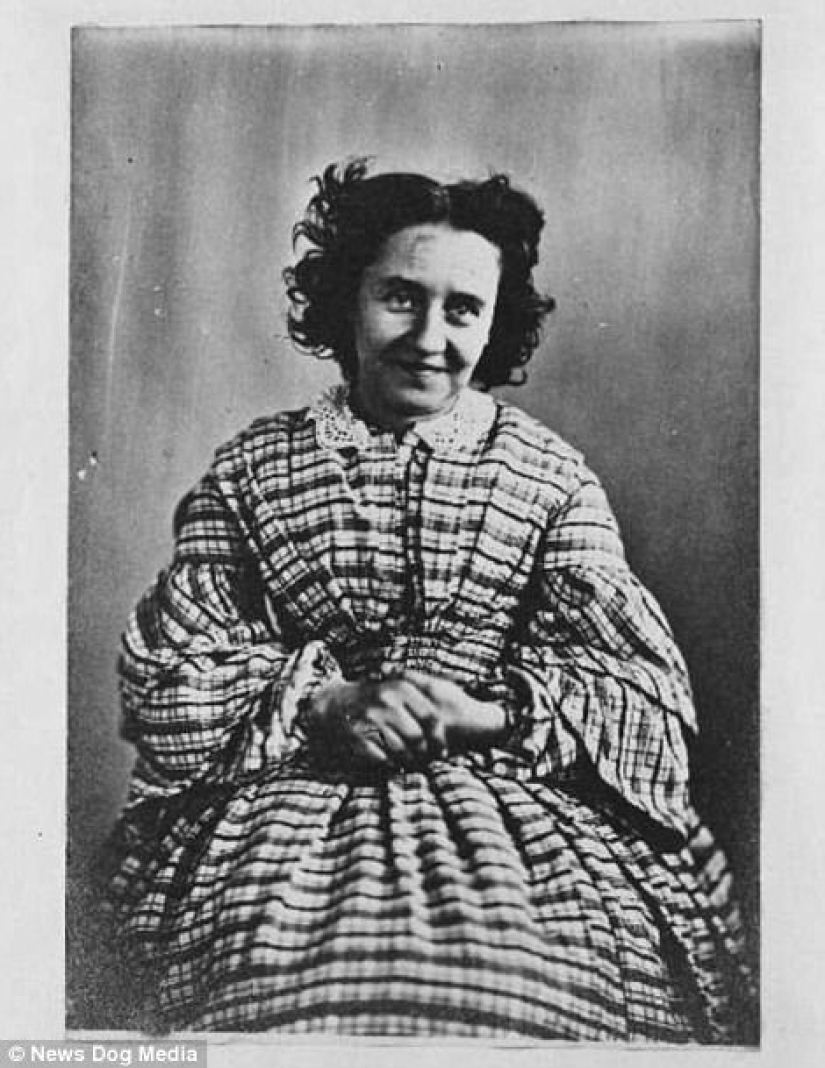
Another unknown patient of the hospital.
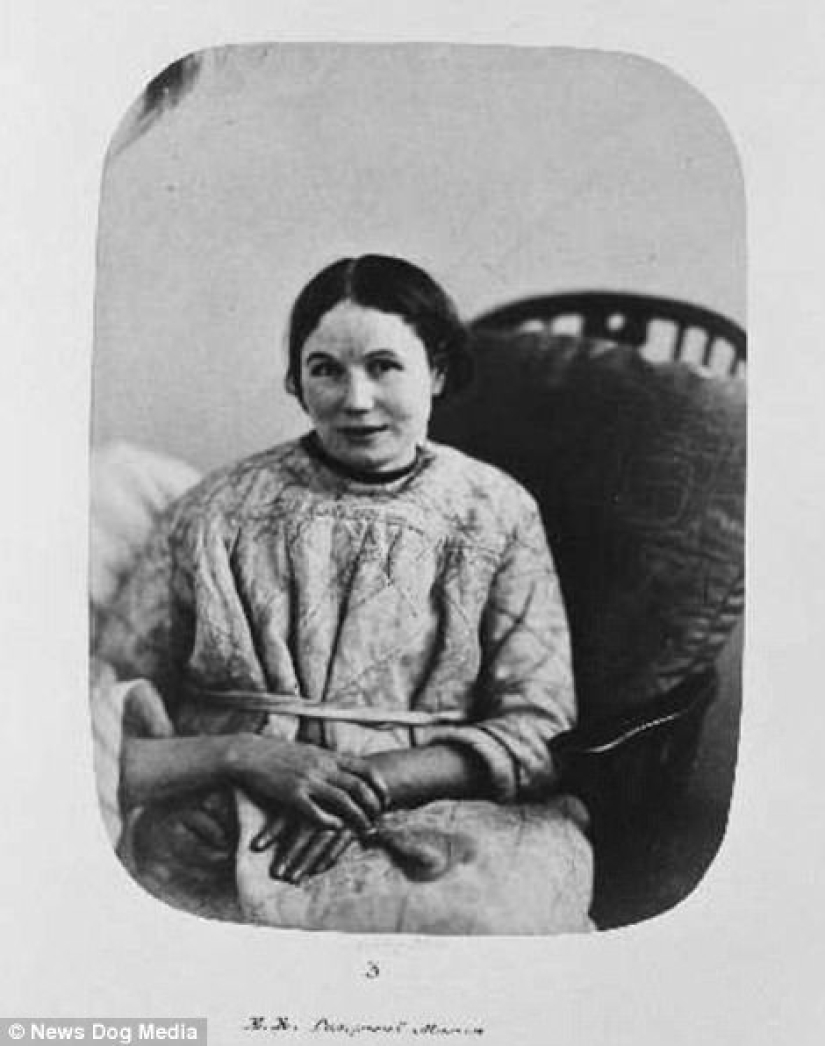
Eliza Josolin arrived at the hospital in 1857, where she was later diagnosed with acute melancholy.
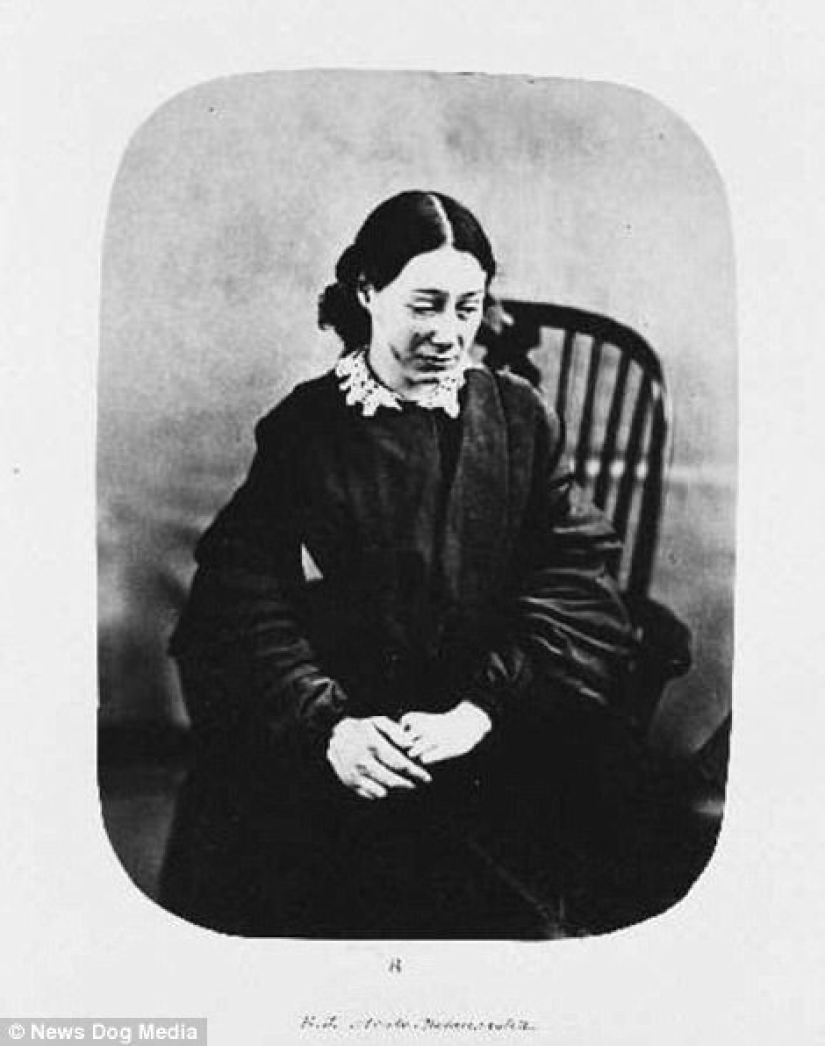
An unknown patient of Bedlam.
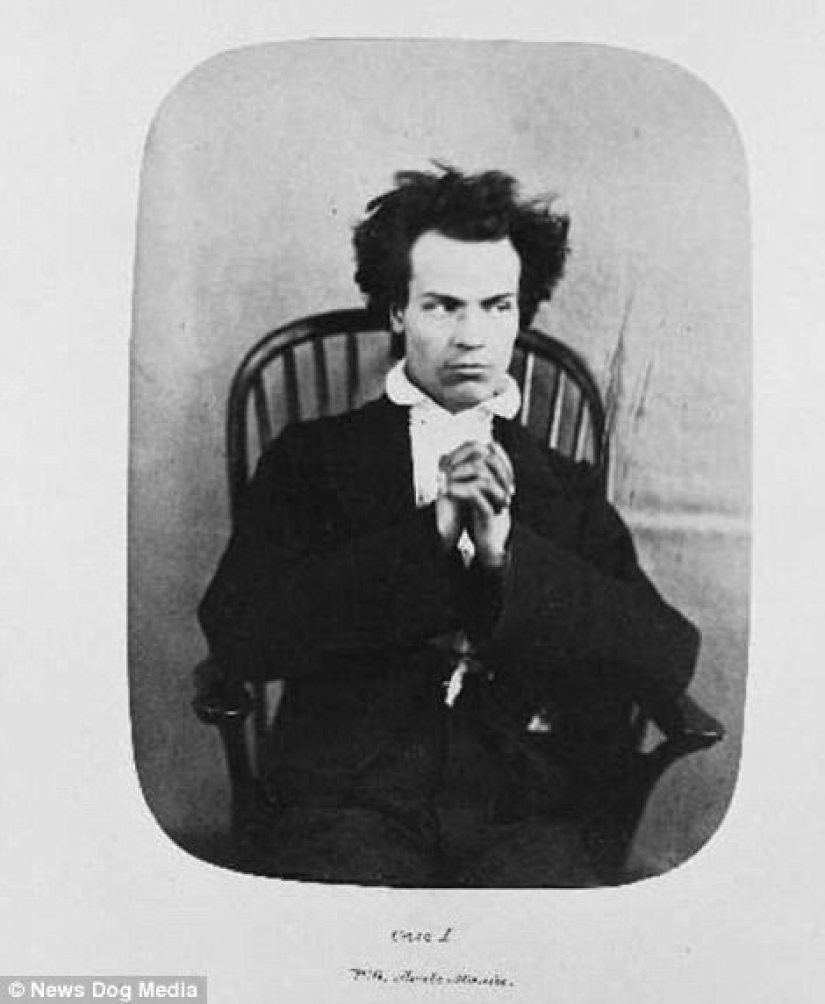
William Thomas Green fell into Bedlam with acute mania in 1857.
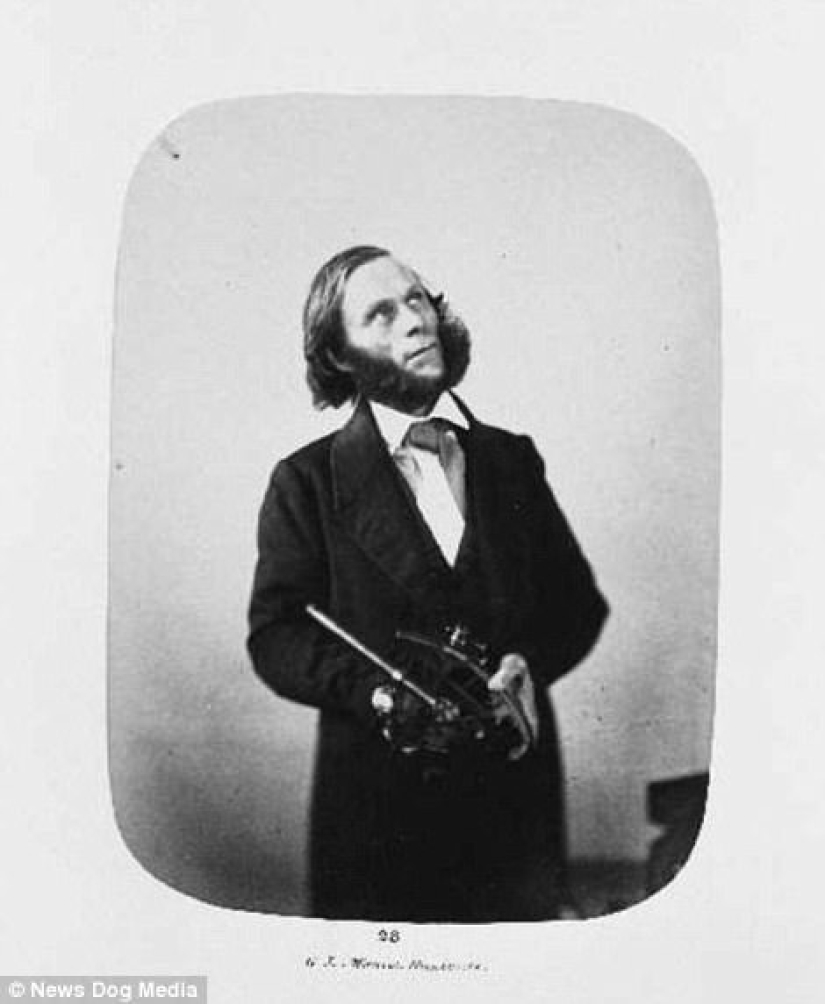
Captain George Johnston found himself in Bedlam in 1846, suffering from mania, and he was also accused of murder.
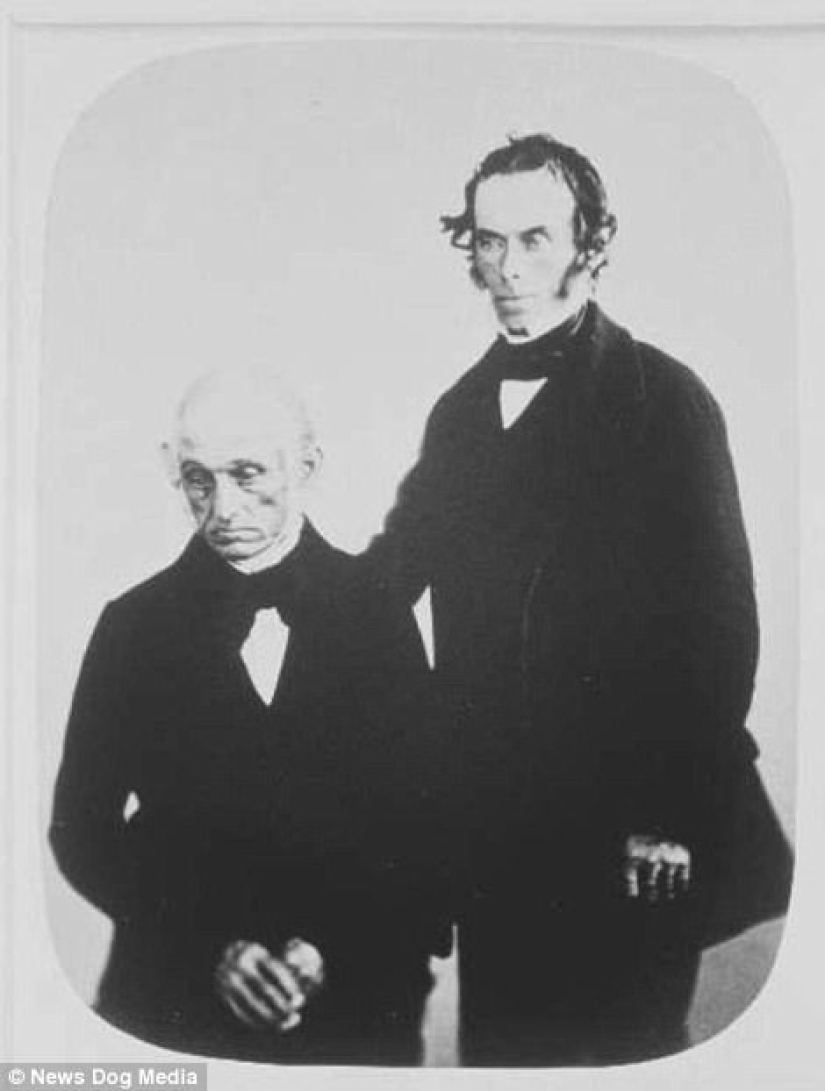
John Bailey and his son Thomas were hospitalized in 1858 with acute melancholy.

Esther Hannah Still fell into Bedlam in the same year with acute mania and hallucinations.
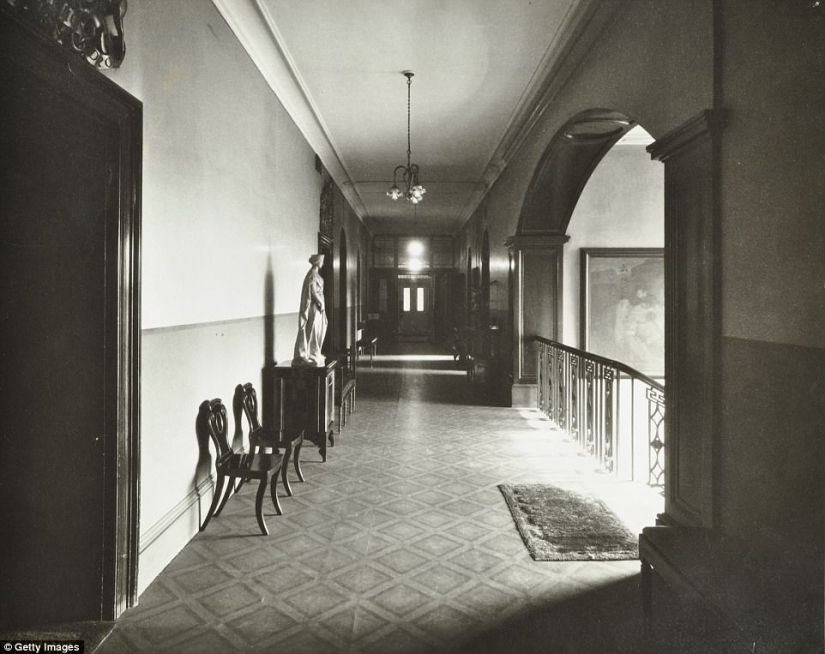
The corridor of the hospital on the first floor in 1926.
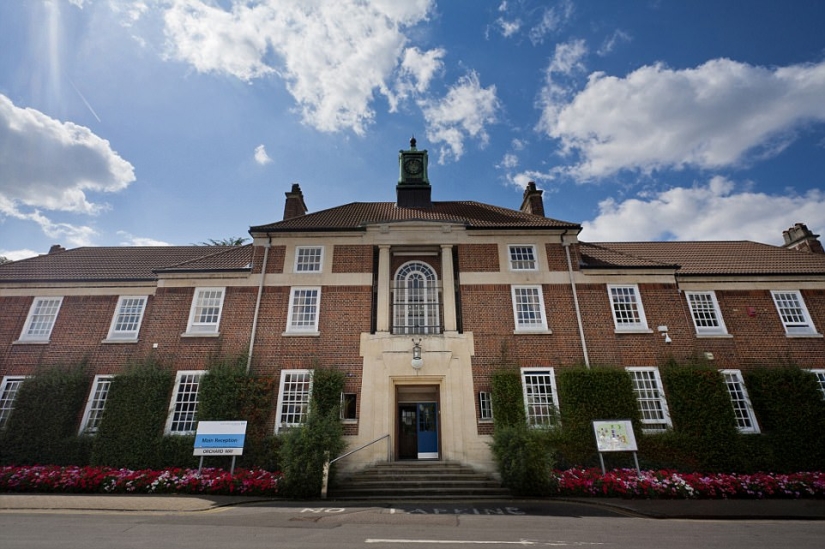
The hospital is now located in Bromley, where it moved in 1930.
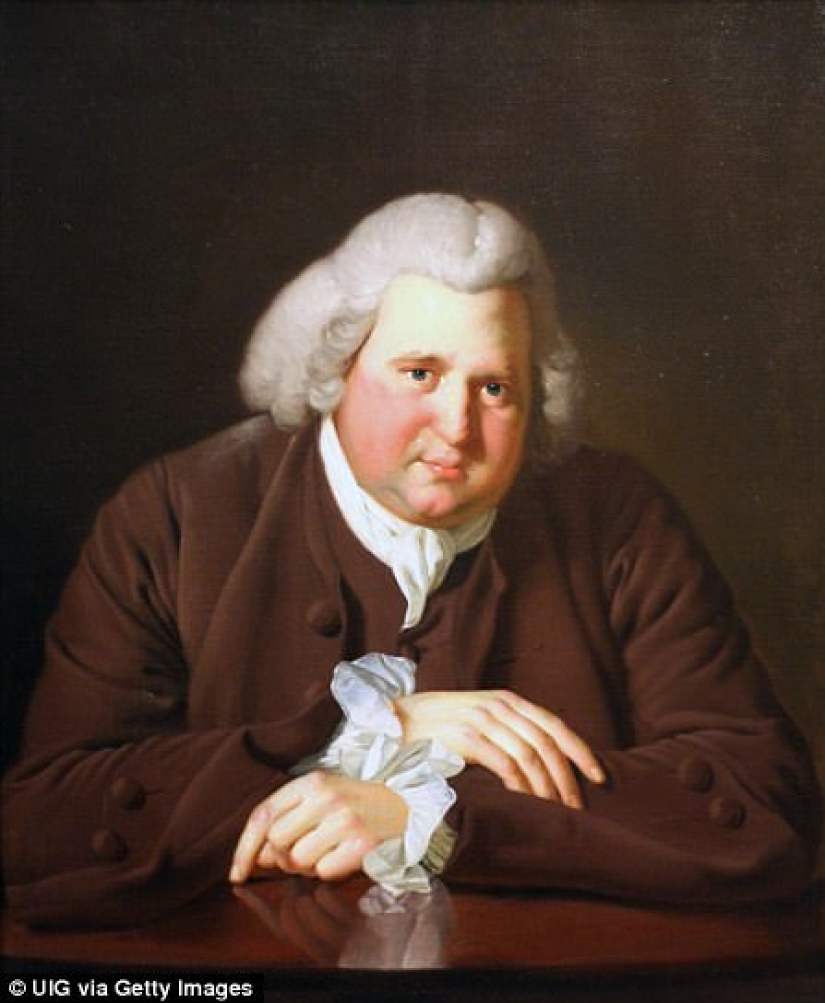
Erasmus Darwin, who came up with the idea of rotating patients on a suspended chair.
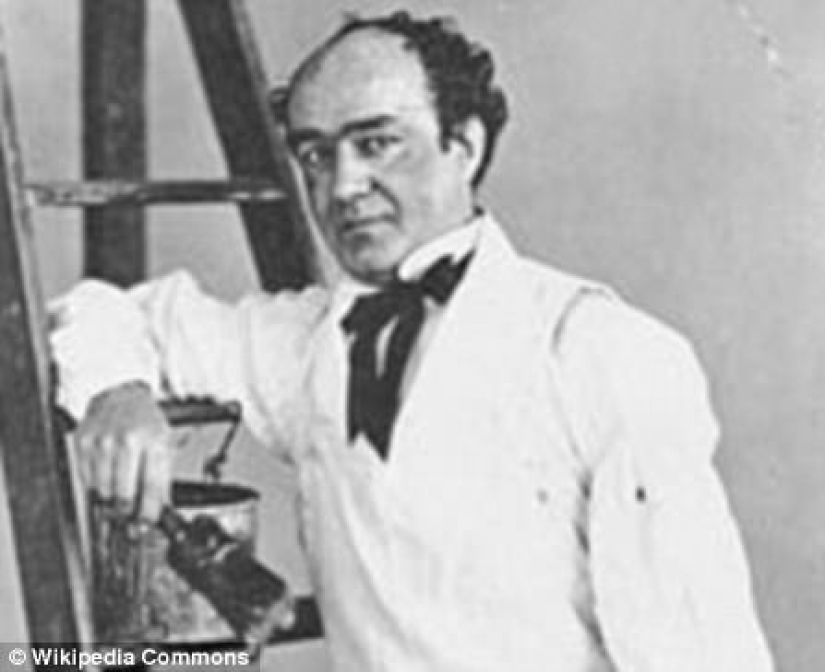
Edward Oxford, the first of the eight who attempted to assassinate Queen Victoria. He attempted an assassination attempt in 1840, firing twice, but never hit. He was declared insane and sent to Bedlam.
Keywords: XIX century | England | Hospital | Great Britain | Depression | Diagnosis | Mentally ill | Patients | Mental hospital | Psychiatry | Mental disorders
Post News ArticleRecent articles

It's high time to admit that this whole hipster idea has gone too far. The concept has become so popular that even restaurants have ...

There is a perception that people only use 10% of their brain potential. But the heroes of our review, apparently, found a way to ...
Related articles

In the Victorian era Britain was quickly urbanized. By 1851 it became the first country lived in cities of more people than in the ...

Hollywood actors earn a lot of money, sometimes risking their own lives. During the filming, many stars are injured while ...

What did the petty criminals of the XIX century look like? We offer you a look at the faces of English prisoners held in a penal ...

New Year's is a time to surprise and delight loved ones not only with gifts but also with a unique presentation of the holiday ...